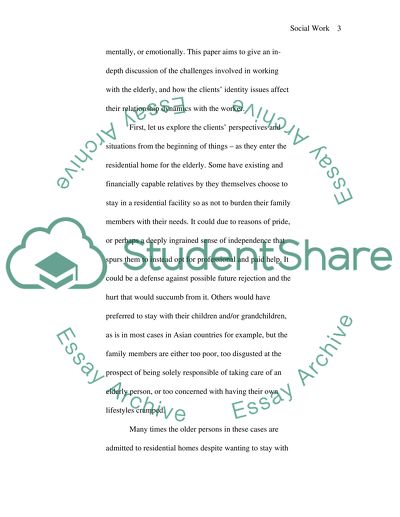Cite this document
(“Social Work with the Elderly Essay Example | Topics and Well Written Essays - 1500 words”, n.d.)
Social Work with the Elderly Essay Example | Topics and Well Written Essays - 1500 words. Retrieved from https://studentshare.org/social-science/1499750-social-work-essay
Social Work with the Elderly Essay Example | Topics and Well Written Essays - 1500 words. Retrieved from https://studentshare.org/social-science/1499750-social-work-essay
(Social Work With the Elderly Essay Example | Topics and Well Written Essays - 1500 Words)
Social Work With the Elderly Essay Example | Topics and Well Written Essays - 1500 Words. https://studentshare.org/social-science/1499750-social-work-essay.
Social Work With the Elderly Essay Example | Topics and Well Written Essays - 1500 Words. https://studentshare.org/social-science/1499750-social-work-essay.
“Social Work With the Elderly Essay Example | Topics and Well Written Essays - 1500 Words”, n.d. https://studentshare.org/social-science/1499750-social-work-essay.


